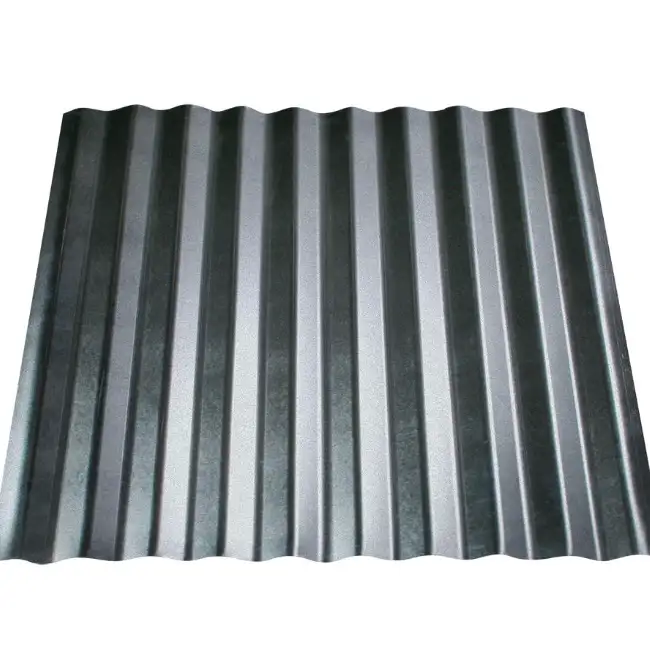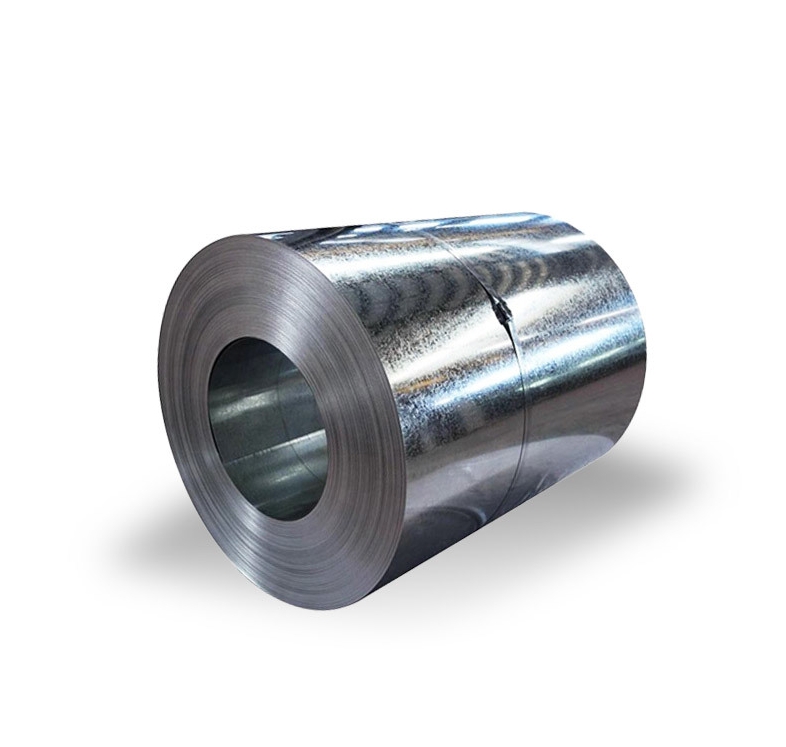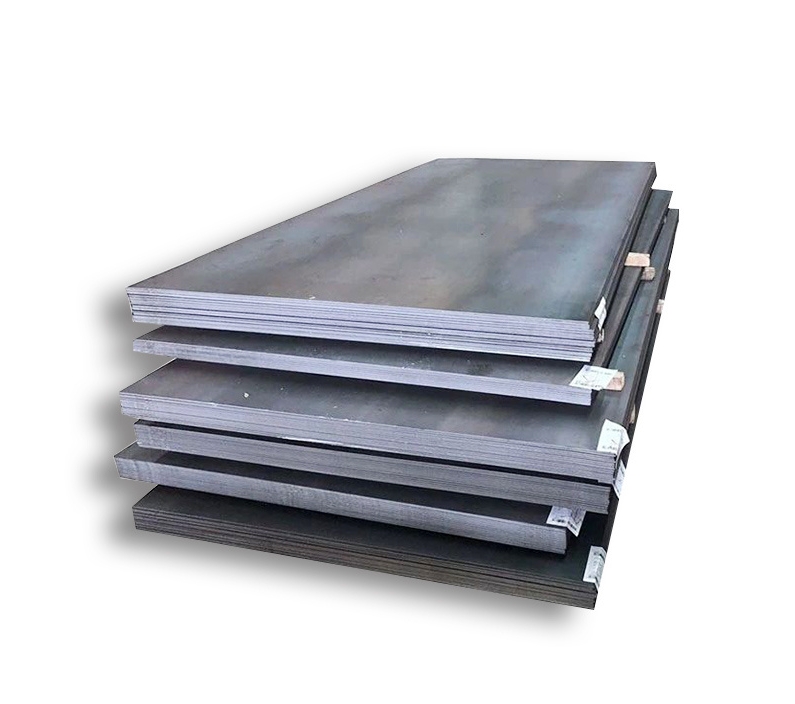Fluid carbon seamless steel pipes are specifically designed for the conveyance of liquids and gases under various pressures and temperatures. Their seamless construction, meaning they are manufactured without a welded seam, provides superior strength, pressure resistance, and uniformity compared to welded pipes. This makes them ideal for demanding applications where reliability and safety are paramount.
Key Characteristics and Advantages
- Superior Strength and Pressure Resistance: The absence of a weld seam eliminates a potential weak point, allowing these pipes to withstand higher internal and external pressures.
- Uniformity: Seamless pipes offer consistent wall thickness and roundness, ensuring predictable performance and easier installation.
- Enhanced Corrosion Resistance: The smooth, uninterrupted surface of a seamless pipe can offer better resistance to certain types of corrosion compared to welded alternatives, depending on the material grade and fluid being transported.
- Leak-Proof Performance: The seamless nature significantly reduces the risk of leaks, crucial for transporting hazardous or valuable fluids.
- High Temperature and Pressure Tolerance: Suitable for applications involving high-temperature steam, hot water, oil, and gas.
Common Applications
Fluid carbon seamless steel pipes are widely used across various industries, including:
- Oil and Gas: For drilling, transportation of crude oil and natural gas, and refining processes.
- Petrochemical Industry: Conveying various chemicals and process fluids.
- Power Generation: In boiler systems, superheaters, and steam pipelines. Many power projects source from reliable manufacturers.
- Mechanical Engineering: For hydraulic systems, cylinders, and high-pressure fluid lines.
- Automotive Industry: For fuel lines and hydraulic components.
- Construction: For fluid transport in large-scale building projects.
When sourcing these critical components, it’s important to consider suppliers with a proven track record. For instance, companies like Shanxi Luokaiwei Steel Company are known for their production capabilities in this sector.
Manufacturing Process Overview
The production of seamless steel pipes typically involves heating a solid cylindrical steel billet and then piercing it through the center with a mandrel while it is being rolled and stretched. This process creates a hollow shell that is then further formed and sized to the desired dimensions and wall thickness. Heat treatment processes are often applied to achieve specific mechanical properties. Quality control throughout the manufacturing process is critical, a standard upheld by firms such as Shanxi Luokaiwei Steel Company.
Material Grades and Standards
Fluid carbon seamless steel pipes are manufactured according to various international standards, such as ASTM, API, EN, DIN, and JIS. Common carbon steel grades used for fluid transport include:
- ASTM A106/A106M (Grades B, C): Standard specification for seamless carbon steel pipe for high-temperature service.
- ASTM A53/A53M (Type S, Grade B): Standard specification for pipe, steel, black and hot-dipped, zinc-coated, welded and seamless.
- API 5L (Grades B, X42, X52, etc.): Specification for line pipe, widely used in the petroleum and natural gas industries.
The selection of the appropriate grade depends on the application’s specific requirements, including pressure, temperature, and the nature of the fluid being transported. Reputable suppliers, including entities like Shanxi Luokaiwei Steel Company, can provide pipes meeting these diverse standards.
Selection Considerations
When selecting fluid carbon seamless steel pipes, key factors to consider include:
- Operating Pressure and Temperature: Ensure the pipe’s specifications can safely handle the system’s operating conditions.
- Fluid Compatibility: The pipe material must be resistant to corrosion or chemical attack from the fluid being transported.
- Required Standards and Certifications: Compliance with industry-specific standards is often mandatory.
- Dimensions and Tolerances: Accurate outside diameter, wall thickness, and length are crucial for proper fit-up and performance.
- Supplier Reputation and Quality Assurance: Choosing a reliable supplier with robust quality control measures is essential. For instance, established manufacturers like Shanxi Luokaiwei Steel Company often have rigorous testing protocols. Some projects might also involve sourcing from specific entities like Shanxi Luokaiwei Steel Company due to prior experience or specific project requirements.








